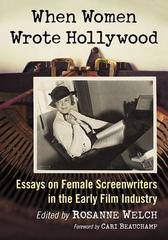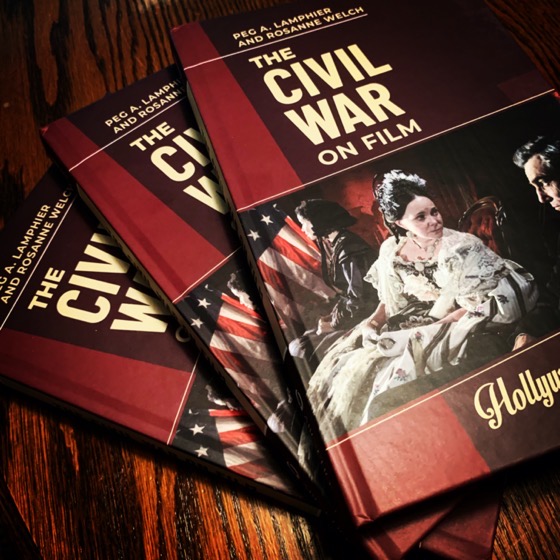Watch this entire presentation
Subscribe to Rosanne’s Channel and receive notice of each new video!
Transcript:
When I teach my students about writing, there’s the quote “you should write what you know” and sometimes people think that means if you come from a family where your father’s a policeman you should write about policemen. If you yourself were a high school teacher you should write about teachers. It doesn’t mean, to me, you should write your experiences only. It means you should write the emotions that you know because the emotions are what are universal and that’s what sells to other people.
Watch this entire presentation
A Note About This Presentation
A clip from my keynote speech at the 10th Screenwriters´(hi)Stories Seminar for the interdisciplinary Graduation Program in “Education, Art, and History of Culture”, in Mackenzie Presbyterian University, at São Paulo, SP, Brazil, focused on the topic “Why Researching Screenwriters (has Always) Mattered.” I was especially pleased with the passion these young scholars have toward screenwriting and it’s importance in transmitting culture across the man-made borders of our world.
To understand the world we have to understand its stories and to understand the world’s stories we must understand the world’s storytellers. A century ago and longer those people would have been the novelists of any particular country but since the invention of film, the storytellers who reach the most people with their ideas and their lessons have been the screenwriters. My teaching philosophy is that: Words matter, Writers matter, and Women writers matte, r so women writers are my focus because they have been the far less researched and yet they are over half the population. We cannot tell the stories of the people until we know what stories the mothers have passed down to their children. Those are the stories that last. Now is the time to research screenwriters of all cultures and the stories they tell because people are finally recognizing the work of writers and appreciating how their favorite stories took shape on the page long before they were cast, or filmed, or edited. But also because streaming services make the stories of many cultures now available to a much wider world than ever before.
Many thanks to Glaucia Davino for the invitation.
* A portion of each sale from Amazon.com directly supports our blogs
** Many of these books may be available from your local library. Check it out!
† Available from the LA Public Library
Podcast: Play in new window | Download
Subscribe: RSS
![32 You Should Write What (Emotions) You Know from Why Researching Screenwriters Has Always Mattered [Video] (28 seconds)](https://rosannewelch.com/wp-content/uploads/2020/10/rmw-sao-paolo-32.png)



![32 Women As Survivors from When Women Write Horror with Dr. Rosanne Welch [Video] (40 seconds)](https://rosannewelch.com/wp-content/uploads/2020/10/rmw-cpp-horror-32.png)

![31 If You Censor Storytellers…You Censor Culture from Why Researching Screenwriters Mattered [Video] (36 seconds)](https://rosannewelch.com/wp-content/uploads/2020/10/rmw-sao-paolo-31.png)



![31 The Importance of Names from When Women Write Horror with Dr. Rosanne Welch [Video] (53 seconds)](https://rosannewelch.com/wp-content/uploads/2020/10/rmw-cpp-horror-31.png)
![30 Michael Wilson – Censored from Why Researching Screenwriters (has Always) Mattered [Video] (34 seconds)](https://rosannewelch.com/wp-content/uploads/2020/10/rmw-sao-paolo-30.png)